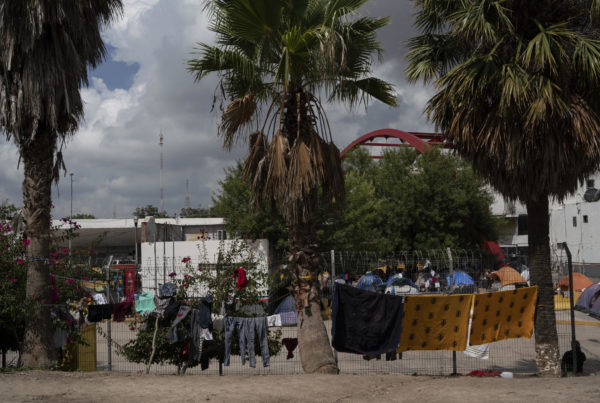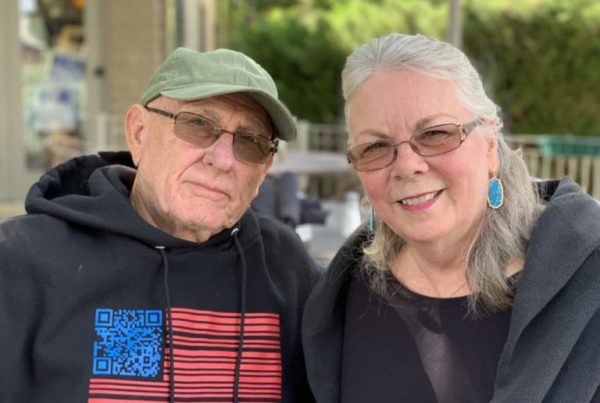Bolivian president Evo Morales resigned over the weekend, as the people who elected him protested – expressed their disenchantment with his regime.
Morales was Bolivia’s first indigenous president in a country that has long been led by what many considered to be an elite group of people of European descent. Morales was swept into power on a wave of leftist sentiment across Latin America. He has remained in office longer than any other current head of state in the region.
Mark Jones is the Joseph D. Jamail chair in Latin American Studies at Rice University. He says
Morales entered office as an opponent of neoliberalism – a philosophy that embodies support for the free market and industry privatization.
“Morales was a standard-bearer and a supporter for indigenous rights, particularly for those of the Aymara and Quechua people, who represented the majority of the Bolivian population,” Jones says.
Jones says Morales focused on reducing inequality while also bolstering economic growth. But the protests that led to Morales resignation featured chants of “this is not Cube. This is not Venezuela,” referring to those countries’ authoritarian leftist leaders. Jones says Morales’ problems began in 2014 when he interpreted the country’s constitution to allow him to serve a third term, even though the document seemed to prevent that. Morales secured another term for himself in 2016 via dubious methods. In 2019, Morales faced a runoff in his latest attempt at reelection. After a computer failure occurred during vote counting, Morales took the lead in the vote count, and won without a runoff.
“Morales committed massive fraud to win the election,” Jones says. “The organization of American States did an audit of the election, and concluded quite clearly that fraud was engaged in.”
Over the weekend, Jones says the Bolivian military said it wouldn’t intervened to stop protestors, and that Morales should resign.
“I would say Bolivia’s going to be very chaotic for the near future because Morales does retain the support of about two-fifths of the population,” Jones says.
Written by Shelly Brisbin.















